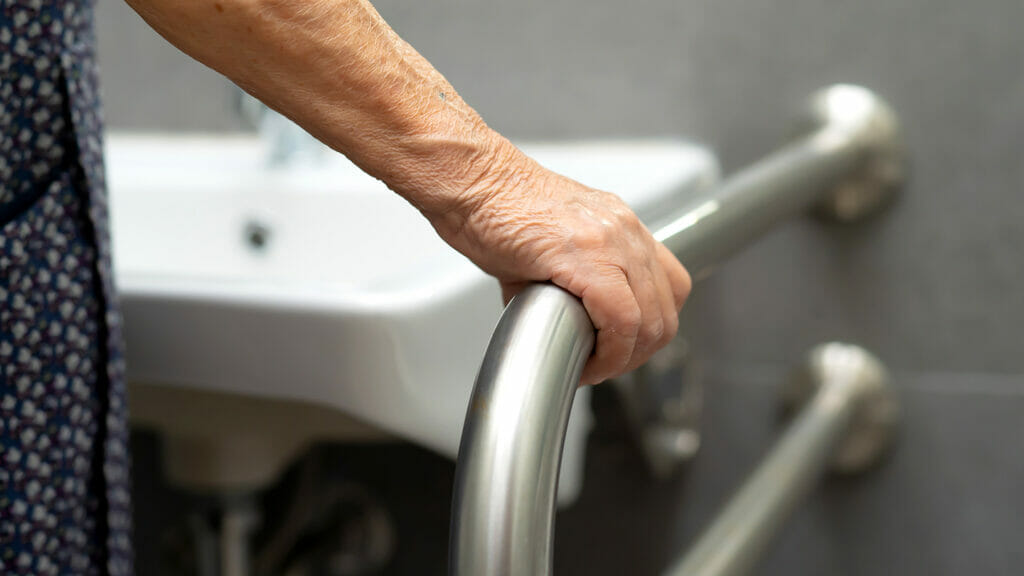

Many older adults might be uncomfortable talking to caregivers, or even clinicians, about an overactive bladder. But they might be willing to discuss the issue with a digital counterpart, one new study showed.
Study participants who used Cece, a “digital conversational agent” that focuses on bladder issues, were able to reduce their symptom severity and improve their emotional health, the results indicated.
Symptoms of overactive bladder, or OAB, increase significantly as adults age, studies show: 40% of men and 30% of women aged more than 75 years have the condition.
Although OAB itself is more of a nuisance than a life-threatening emergency, it can indirectly lead to more dangerous situations, as most falling emergencies in senior living communities occur when residents are either walking to, or trying to use, the bathroom.
Cece, developed by tech startup Renalis, contains several interactive learning modules about bladder issues, but it also helps with treatment options and therapies such as pelvic exercises.
The study took place over eight weeks, and participants — all women, with a median age of 62 — used the tool an average of 10 minutes a day. Study authors noted that they were able to control for factors such as caffeine or fluid intake among the study cohort.
Overall, many older adults want more information and assistance about bladder issues, as the McKnight’s Clinical Daily has reported previously, although that report also included the more serious condition of bladder cancer.
Beyond just digital communication, new technology aimed at OAB includes an ankle device, the Revi System, designed to stimulate a users’ leg in a way that helps reduce symptoms. The Revi device received clearance from the US Food and Drug Administration over the summer.
The findings on Cece were published late last year in the journal Urogynecology.


